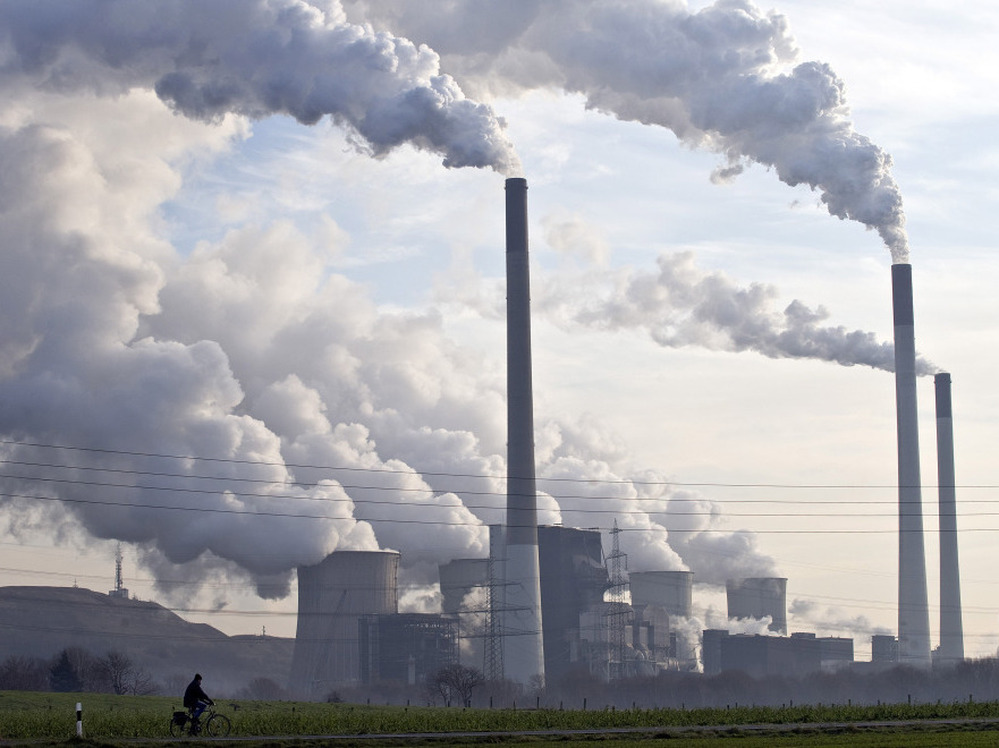
Steam and smoke rise over a coal-burning power plant in Gelsenkirchen, Germany.
The more carbon that gets released into the atmosphere, the higher the average temperature rises.
That’s a scientific fact.
Human activities, such as driving, flying, building and even turning on the lights, are the biggest contributor to the release of carbon.
That too, is a fact.
And yet the majority of Republicans running for House and Senate seats this year disagree.
Ken Buck, the GOP senate candidate in Colorado admits he’s a climate change denier. Ron Johnson, who leads in the polls of Wisconsin’s senatorial race, has said that “it is far more likely that [climate change] is just sunspot activity or something just in the geologic eons of time where we have changes in the climate.”
And when Christine O’Donnell, the Republican candidate for Senate in Delaware, was asked whether human activity contributes to global warming, she said “I don’t have an opinion on that.”
Conservatives in Congress are turning against the science behind climate change. That means if Republicans take control this November, there’s little hope for climate change policy.
Today’s climate change denial trend isn’t new. Years ago, when President George W. Bush was in the White House, scientific data on climate change was censored, and some scientists and top-level policy makers resigned in protest.
Scientific Findings Dismissed
For 10 years, Rick Piltz worked as a senior official for the Global Change Research Program — the main governmental office that gathers scientific data on climate change carried out by U.S. researchers.
“It was an office where the world of science collided with the world of climate politics,” Piltz tells NPR’s Guy Raz.
In the spring of 2001, Piltz was putting together a major report for Congress. The report would include clear evidence that tied carbon emissions to a rapid shift in global temperatures.
Piltz says his team was told “to delete the pages that summarized the findings of the IPCC report. To delete the material about the National Assessment of climate change impacts that had just come out.”
The IPCC, or Intergovernmental Panel on Climate Change, is the international body that collects climate research from countries around the world. The National Assessment was a similar report that covered research from U.S.-based scientists. In both cases, the result was conclusive: Climate change was happening and human activity was speeding it up.
But the Bush White House didn’t buy it.
“The expertise had come together to make pretty clear and compelling statements, and to say that you didn’t believe it was to say that you didn’t want to go along with the preponderance of scientific evidence,” Piltz says.
The science was being politicized. Over the next four years, almost every report Piltz and his team put out was heavily edited. References to climate change or carbon emissions were altered or even deleted.
By 2005, Piltz couldn’t take it anymore. He resigned and told his story to <em>The New York Times</em>.
A Conservative Who Spoke Up — And Paid The Price
It’s a big deal for Republicans in Congress to say they believe that humans are heating the planet.
“People look at you like you’ve grown an extra head or something,” says Rep. Bob Inglis, a Republican from South Carolina.
Inglis has represented South Carolina’s 4th District for the last 12 years, but this one will be his last.
In June, Inglis lost the primary bid to Tea Party-backed Republican candidate Trey Gowdy, who accused him of not being conservative enough.
For the longest time, Inglis says, education, health care issues, and the environment have been Democratic issues, while taxes and national security have been Republican issues. Inglis says that’s not right.
“As a Republican, I believe we should be talking about conservation. Because that’s our heritage. If you go back to Teddy Roosevelt, that’s who we are.”
Inglis paid the price for speaking out about the importance of conservation and climate change.
He admits he may have “committed other heresies,” such as voting for the TARP and against the troop surge. “But the most enduring problem I had, the one that really was difficult, was just saying that climate change was real and let’s do something about it.”
Inglis, who also voted no on cap-and-trade, tried to make climate change palatable for conservatives. He proposed a revenue-neutral tax swap: Payroll taxes would be reduced and the amount of that reduction would be applied as a tax on carbon dioxide emissions — mainly hitting coal plants and natural gas facilities.
Inglis also tried to connect the issue of climate change with the issue of national security. “We are dependent on a region of the world that doesn’t like us very much for oil. We need to change the game there.”
Inglis even stressed the need to hold the oil and coal companies accountable for their environmental practices.
Accountability, he says, “is a very bedrock conservative concept — even a Biblical concept.”
Even though Inglis won’t be coming back to the Hill to serve another term, he hasn’t lost hope in climate change policy. The choice, Inglis says, is clear.
“Do we play to our strengths? Or do we continue to play to our weakness — which is playing the oil game.”
Tackling Climate Change Takes Both The Left And The Right
Bill McKibben, scholar in residence at Middlebury College in Vermont and the founder of 350.org, says it is a tragedy that conservatives are turning their back on the science behind climate change.
“On this issue maybe more than most, we need that interplay of liberal and conservative,” he says. “Liberals are good at sort of pointing the way forward in kind of progressive new directions and conservatives are good at providing the anchor that says human nature won’t go along with that. That back and forth has been very useful,” McKibben says.
If Republicans take control of the House this November, McKibben doesn’t see a
future for climate change policy.
“Look, the Democrats — with a huge majority — couldn’t pass climate change legislation even of a very, very weak variety this year, so I doubt there’ll be any action over the next two years.”
That is, unless conservatives decide to team up with liberals.
“We desperately need conservatives at the forefront of the fight,” McKibben says. “The sooner that conservatives are willing to accept the science, the reality, the sooner we can get to work with their very important help in figuring out what set of prescriptions, what combination of market and regulation will be required in order to deal with the most serious problem we’ve ever stumbled into.”
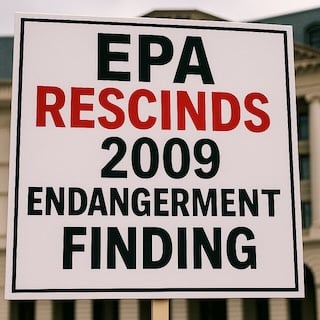

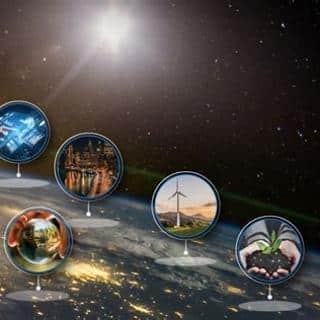

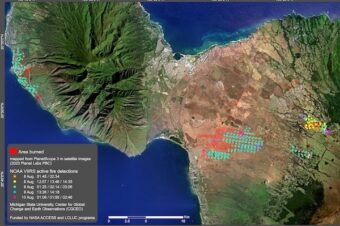
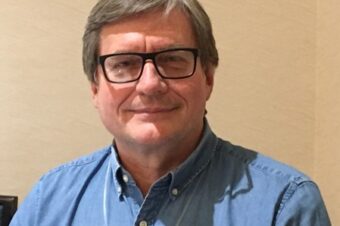
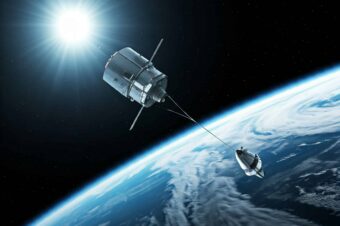

Leave a Reply